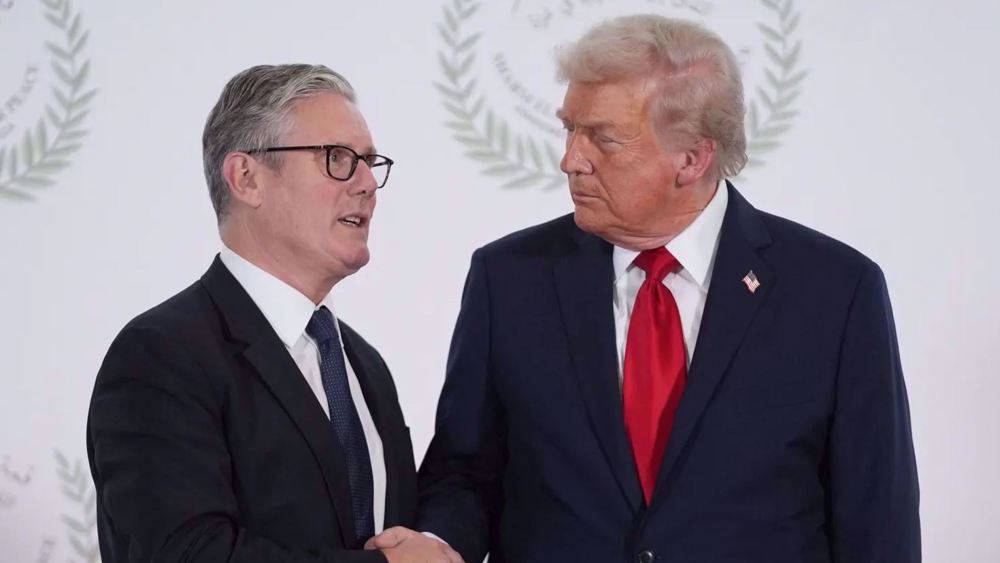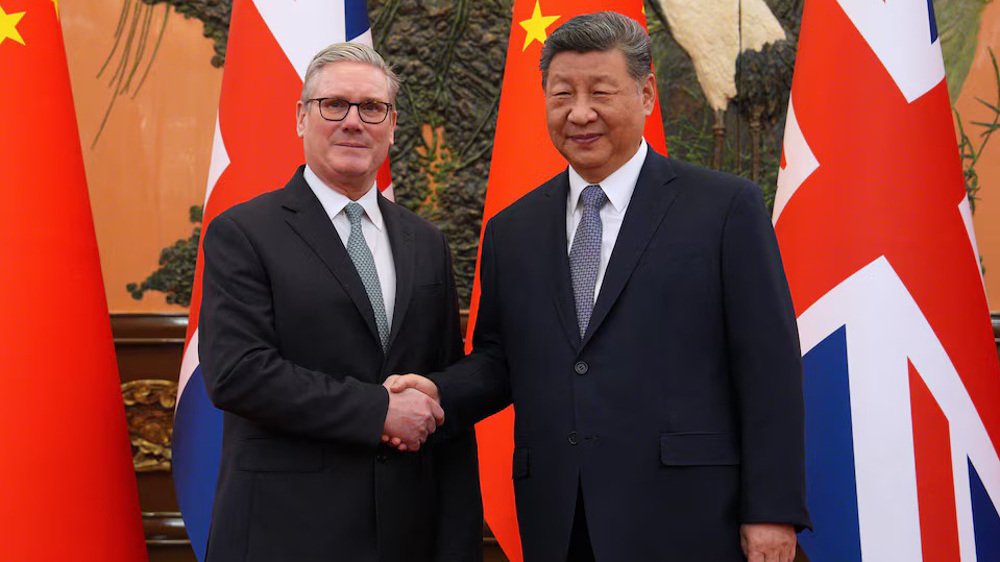Darroch Leaks Propel the Forward March of Britain’s Police State
The revelations following the leak of diplomatic telegrams by the British ambassador to the US continues to enthral audiences around the world.
The latest revelations have created a political storm in Britain where both Tory party leadership hopefuls have come under pressure to set out their respective positions on the leaks and the likely legal and political repercussions.
But, as more and more British politicians, notably Norman Lamb, the Liberal Democrat former health secretary, are pointing out, the biggest issue in this story is Scotland Yard’s threats to prosecute journalists who publish the leaks.
According to Lamb, the threats by Scotland Yard "strike at the heart of the principle of a free press".
Scotland Yard, also known as the Metropolitan Police Service, has raised the stakes by deploying its counter-terrorism command to investigate the leaks.
Senior police officers have threatened journalists with prosecution under the Official Secrets Act (OSA), which is usually employed to target spies, or secrets of state.
These threats have had a chilling effect on British journalists, most of whom are likely to accede to the authorities’ request lest they fall foul of the OSA.
Some senior British journalists have been brave enough to question the legality and broader wisdom of the threats by Scotland Yard.
Sky News’ foreign affairs editor, Deborah Haynes, wrote about the irony of the police’s threats coinciding with the same week that Britain hosted a global conference on media freedom.
But as long-time observers of British politics are all too aware, Scotland Yard, and other British police forces, have form on this issue.
Back in 2013 the Guardian was forced to destroy computer hard drives containing copies of the secret files leaked by former National Security Agency worker Edward Snowden.
This drastic action was prompted by British government threats to take legal action to stop any publication of files which exposed the British and American governments’ extensive surveillance programmes around the world.
British journalists were horrified that the UK’s primary signals agency, Government Communication Headquarters (GCHQ), supervised Guardian staff as they set about destroying the hard drives and all the valuable information contained in them.
Analysts are fearful that the British authorities will go to extreme lengths to prevent the publication of any material which they deem detrimental to the interests of the establishment.
Enemy aims to restore lost domination over Iran: Senior commander
Israel to ban Doctors Without Borders from operating in Gaza
VIDEO | Press TV's news headlines
French protesters rip down EU flag as ‘Frexit’ rally turns into open defiance of Brussels
Israeli attacks kill two more Palestinians in Gaza shortly after deadly widespread strikes
VIDEO | Displaced families in al-Dabba camp struggle amid severe shortages
VIDEO | Gaza rejects Israeli claims of rising births amid collapse of healthcare system
VIDEO | Gaza’s markets reopen amid ongoing challenges










 This makes it easy to access the Press TV website
This makes it easy to access the Press TV website